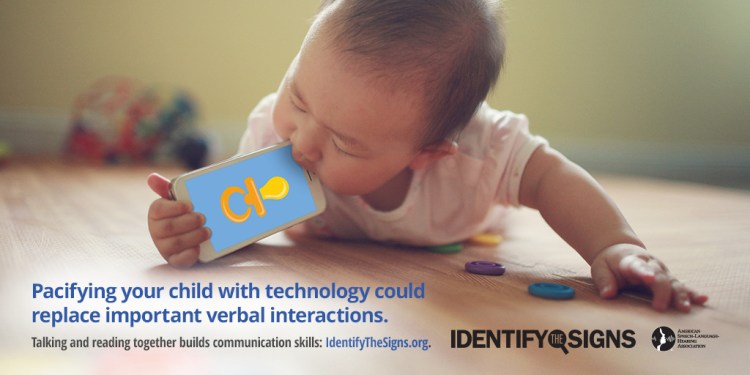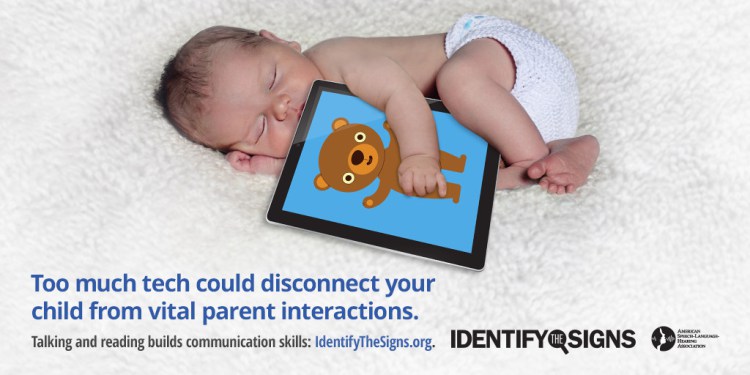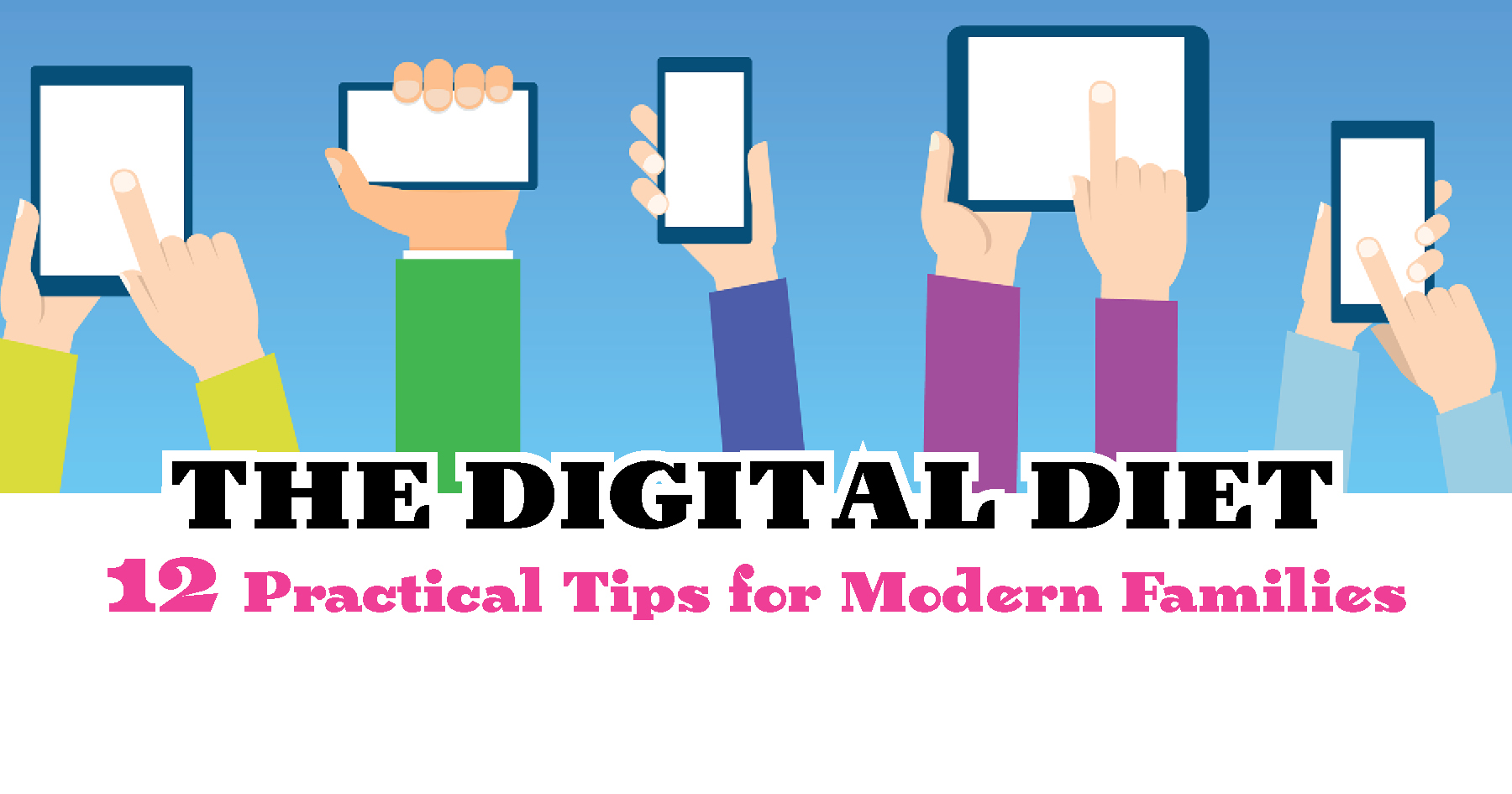
Past CES Attendees Have Expressed Concern About Popular Technology Overuse, Survey Shows
Tech Devices Negatively Impacting Conversation and Social Interaction, Children Spending Too Much Time Using Them, According to Survey of 2017 Attendees
ROCKVILLE, Md., Jan. 8, 2018 /PRNewswire/ -- As the newest technology innovations and gadgets are unveiled this week at CES 2018, survey results of a group of 2017 attendees released today by the American Speech-Language-Hearing Association (ASHA) reveal that 87% believe children are spending too much time with technology, and 74% feel today's popular technology is negatively impacting conversation and social interaction.
Experience the interactive Multichannel News Release here: https://www.multivu.com/players/English/7921053-asha-ces-2018-children-too-much-technology/
Additionally, 82% of those CES 2017 attendees surveyed by ASHA said the industry is not doing enough to educate the public about responsible usage, and 80% think the potential impact of technology should be considered as part of a product's or app's development process.
The data represent results of a survey completed at CES 2017 by 218 attendees. Respondents included executives and staff involved in product development, product design, marketing and sales, information technology, health care, education, and other areas of the industry.
With the unprecedented technological advancement that has taken place have come individual and societal benefits. Increasingly, however, reports indicate growing interest in more moderate use of popular technology. What is so striking about the results of ASHA's poll is that some working in the technology industry appear to feel the same way.
Polling of more than 500 ASHA members—audiologists and speech-language pathologists—in 2016 revealed specific concerns about the impact of technology overload on communication. Audiologists indicted their chief concern was that repeated misuse of personal tech at loud volumes could damage children's hearing. Meanwhile, speech-language pathologists said their primary concern was that excessive device use is replacing conversation and human interaction. If left unaddressed, 68 percent of the communication experts polled said they foresee widespread tech overuse as a communication "time bomb" that could irreparably damage the communication skills of future generations.
This "time bomb" encompasses speech and language development, which is dependent on adequate time for verbal exchange such as listening, talking, reading, and interacting with parents—interactions that technology cannot duplicate—and hearing loss, which impedes communication as well as academic, social, and vocational success.
Yet, in this same poll, experts said the solutions do not need to be draconian: 70% said their number one piece of advice is to set reasonable parameters and model safe usage, and less than 2% advocated for tightly restricting children's tech use. In response to this polling, ASHA has launched a new Healthy Communication and Popular Technology Initiative and is actively seeking collaborating organizations, both inside and outside the tech industry.
There is strong precedent for this type of collaboration. Consumer Technology Association CEO Gary Shapiro teamed with ASHA to offer some "Digital Diet" advice in the past. Others, inside and outside the technology industry, have spoken on the issue as well. They include Jony Ive, chief design officer for Apple, and Tristan Harris, a former product manager at Google who now speaks out against the danger of what he terms "tech addiction."
For tips on finding healthy balance, view ASHA's updated Digital Diet here.
About the American Speech-Language-Hearing Association (ASHA)
ASHA is the national professional, scientific, and credentialing association for 191,500 members and affiliates who are audiologists; speech-language pathologists; speech, language, and hearing scientists; audiology and speech-language pathology support personnel; and students. Audiologists specialize in preventing and assessing hearing and balance disorders as well as providing audiologic treatment, including hearing aids. Speech-language pathologists identify, assess, and treat speech and language problems, including swallowing disorders. www.asha.org
CONTACT
Francine Pierson
301-296-8715
[email protected]
SOURCE American Speech-Language-Hearing Association (ASHA)











Share this article